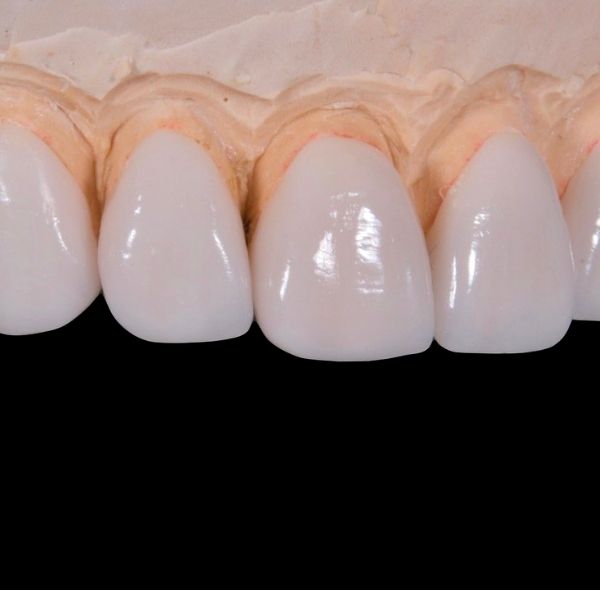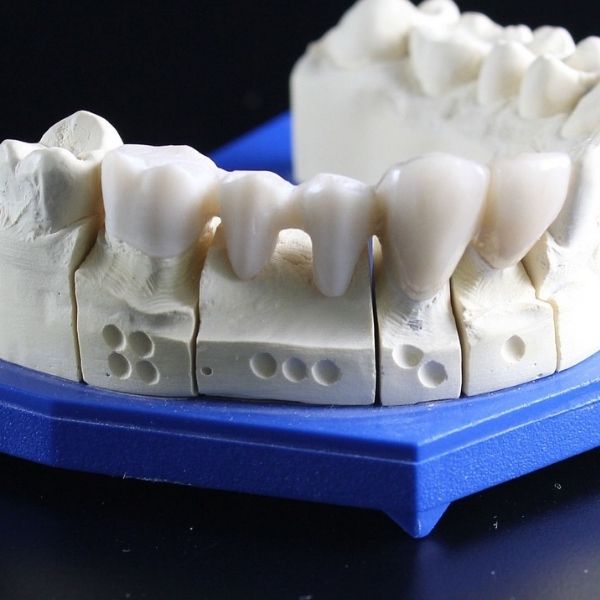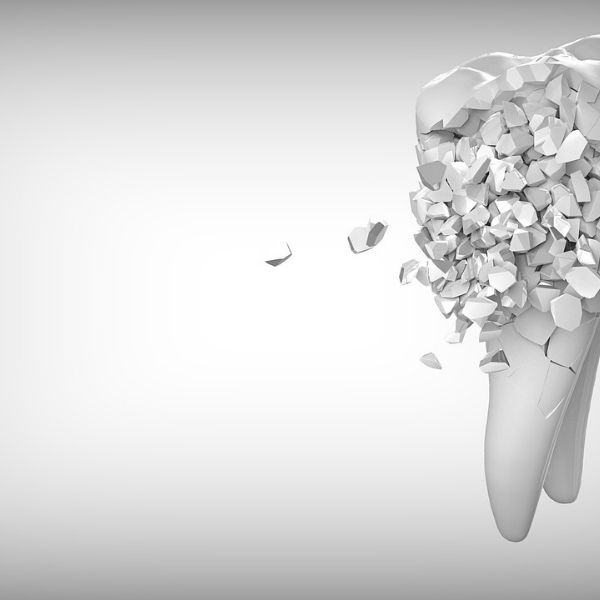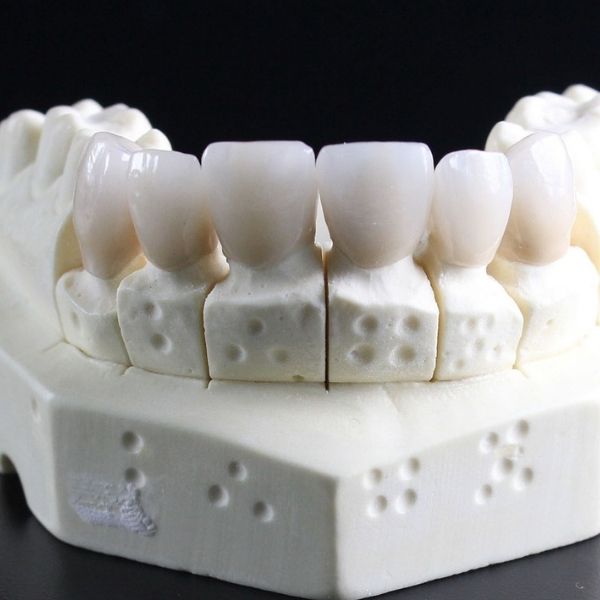How dental veneers can protect your teeth is a question that many people ask when considering this cosmetic dental treatment. While dental veneers are primarily known for their ability to improve the appearance of a smile, they also serve an essential protective function for your teeth. These thin, custom-made shells are applied to the front of your teeth to enhance their appearance, but they also provide a durable shield that protects against various forms of damage.
In this article, we’ll discuss how dental veneers can protect your teeth, the different ways they offer protection, and the benefits they provide for both aesthetics and oral health.
What Are Dental Veneers?
Dental veneers are ultra-thin shells made of porcelain or composite resin, bonded to the front surface of your teeth. They are custom-designed to match the size, shape, and color of your natural teeth, giving your smile a more uniform, brighter, and aesthetically pleasing appearance. Veneers are used to fix cosmetic dental issues such as discoloration, chips, cracks, gaps, or misalignment.
In addition to their cosmetic advantages, how dental veneers can protect your teeth goes beyond aesthetics. By covering the front surface of the teeth, veneers offer a protective barrier, safeguarding your natural teeth against external damage and internal wear.
How Dental Veneers Can Protect Your Teeth
Strengthening Weakened Teeth: One of the primary ways dental veneers can protect your teeth is by reinforcing teeth that have been weakened by wear, erosion, or other types of damage. Over time, teeth can suffer from enamel erosion caused by acidic foods, drinks, or grinding. Once the enamel is worn down, it leaves the teeth vulnerable to decay and sensitivity.
Veneers, particularly porcelain veneers, act as a protective layer that covers the weakened areas of your teeth. By providing additional strength and structure, veneers help prevent further wear and damage to the underlying teeth, essentially reinforcing their integrity.
Preventing Tooth Sensitivity: Teeth that have suffered enamel loss or cracks are often more sensitive to hot and cold foods or beverages. This happens because the underlying dentin, which contains nerve endings, becomes exposed when the enamel is worn down. Without the protective layer of enamel, these nerve endings are more susceptible to temperature changes.
How dental veneers can protect your teeth is by acting as a barrier that covers exposed dentin. This protective shield helps reduce tooth sensitivity, allowing you to enjoy a wider variety of foods and drinks without discomfort. Veneers essentially restore the insulating layer that protects your nerves, reducing sensitivity significantly.
Protecting Against Chips and Cracks: Everyday activities such as biting down on hard foods, chewing ice, or grinding your teeth can cause minor chips or cracks to form. These imperfections not only affect the aesthetics of your smile but can also lead to more serious issues if left untreated. How dental veneers can protect your teeth is by providing a strong, durable outer layer that shields your natural teeth from external trauma.
The porcelain or composite material used in veneers is resistant to damage and can absorb some of the pressure from biting and chewing. By covering chipped or cracked areas, veneers prevent these imperfections from worsening and can even stop further damage from occurring.
Shielding Teeth from Stains: Staining is a common issue that many people face, especially if they consume foods and drinks that are known to discolor teeth, such as coffee, tea, red wine, or tobacco. Over time, stains can penetrate the enamel, making them difficult to remove even with professional cleaning.
How dental veneers can protect your teeth is by offering a smooth, non-porous surface that resists staining. Porcelain veneers, in particular, are highly resistant to discoloration, helping to keep your smile bright and white. Veneers provide long-lasting protection against stains, meaning you can enjoy the foods and drinks you love without worrying about your teeth turning yellow or dull.
Correcting Minor Alignment Issues: Many people have minor alignment issues, such as slight crowding or gaps between their teeth, that can affect the appearance of their smile. These issues can also create areas that are difficult to clean properly, increasing the risk of plaque buildup and tooth decay. How dental veneers can protect your teeth is by subtly correcting these alignment issues while also improving the overall function of your bite.
Veneers can be used to close small gaps or reshape teeth that are slightly misaligned, ensuring a more even distribution of pressure when you bite and chew. This helps prevent the development of further dental problems, such as excessive wear on certain teeth or uneven pressure that can lead to tooth fractures.
Preventing Future Damage: If you have a tooth that has already been damaged—whether from decay, trauma, or wear—how dental veneers can protect your teeth is by covering the compromised area and preventing the issue from worsening. For example, a cracked tooth can become more susceptible to further fracture or decay. A veneer can provide immediate protection by sealing the crack, preventing bacteria from entering the tooth and causing additional harm.
By protecting weakened or damaged teeth, veneers can help avoid more extensive dental work in the future, such as root canals or crowns. Veneers offer a more conservative approach to addressing tooth damage, allowing you to preserve more of your natural tooth structure.
Types of Dental Veneers
There are two main types of dental veneers: porcelain veneers and composite resin veneers. Both types provide protection for your teeth, but each has its own unique benefits.
-
Porcelain Veneers
Porcelain veneers are the most popular type due to their durability, stain resistance, and natural appearance. Porcelain is a strong, biocompatible material that closely mimics the translucency of natural tooth enamel. Because of its strength, porcelain veneers can provide long-lasting protection for your teeth and resist wear and staining better than other materials.
Porcelain veneers are ideal for those looking for a more permanent, aesthetic solution that offers both beauty and protection.
-
Composite Resin Veneers
Composite resin veneers are made from a tooth-colored resin material that is applied to the teeth and then hardened using a special light. While they are less durable and more prone to staining than porcelain veneers, composite veneers are still a protective option for those looking for a more affordable solution.
Composite veneers are typically used for minor cosmetic improvements, such as correcting small chips or gaps, and provide an additional layer of protection for your teeth against further damage.
Caring for Your Veneers
To ensure that dental veneers can protect your teeth for as long as possible, it’s essential to care for them properly. Here are a few tips to keep your veneers in excellent condition:
- Brush and floss regularly to maintain the health of your natural teeth and gums.
- Avoid biting down on hard objects, such as ice or hard candies, to prevent damaging your veneers.
- Use a non-abrasive toothpaste to avoid scratching the surface of the veneers.
- Visit your dentist regularly for check-ups and professional cleanings.
How dental veneers can protect your teeth goes beyond their cosmetic benefits. Veneers not only improve the appearance of your smile but also provide a protective shield against a variety of dental issues, such as enamel erosion, tooth sensitivity, cracks, and staining. Whether you’re looking to enhance your smile or protect your teeth from further damage, veneers offer a versatile and long-lasting solution.
If you’re considering dental veneers, consult with your dentist to determine whether they’re the right choice for your needs. With proper care, veneers can protect your teeth for years to come while giving you the beautiful smile you’ve always wanted.





